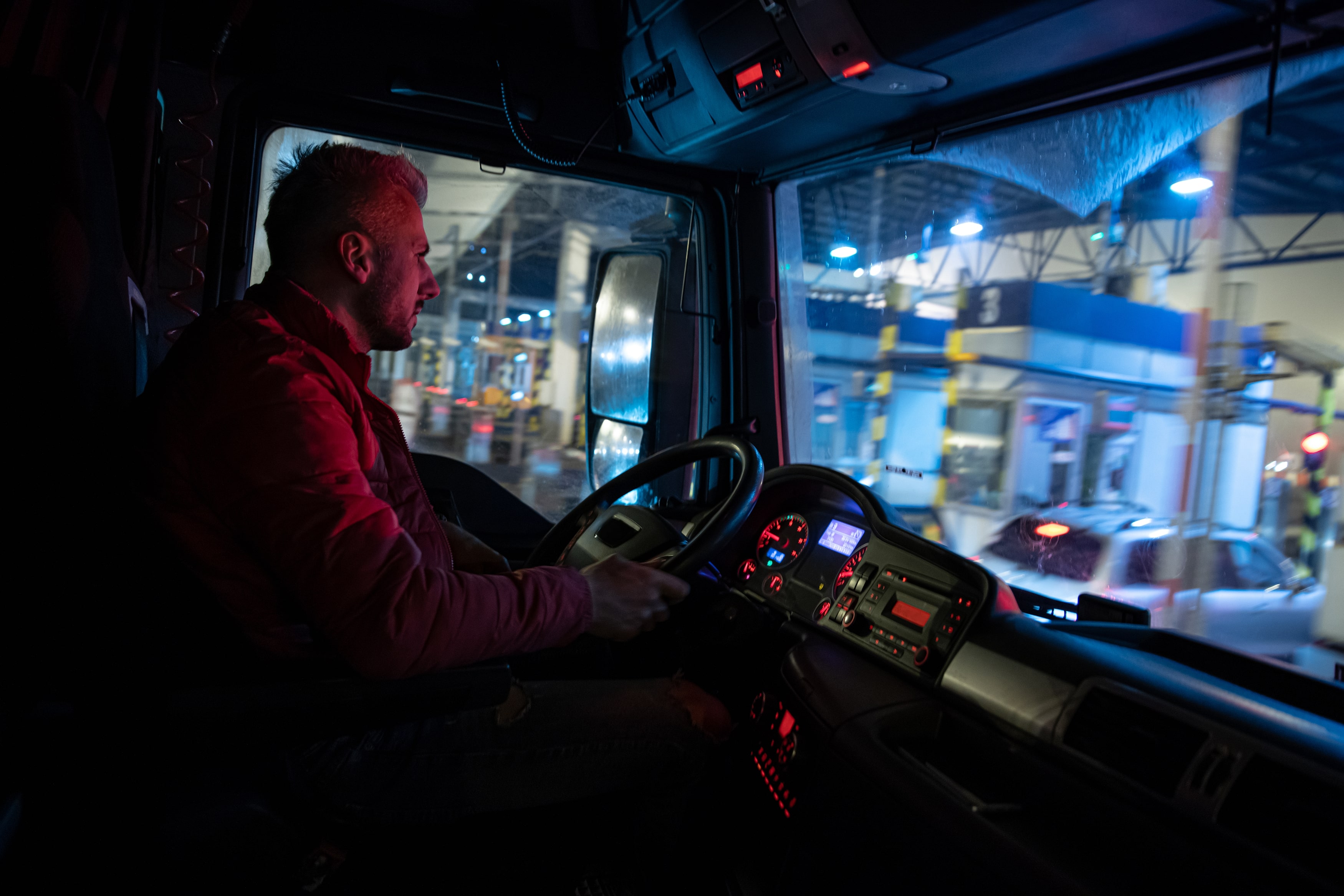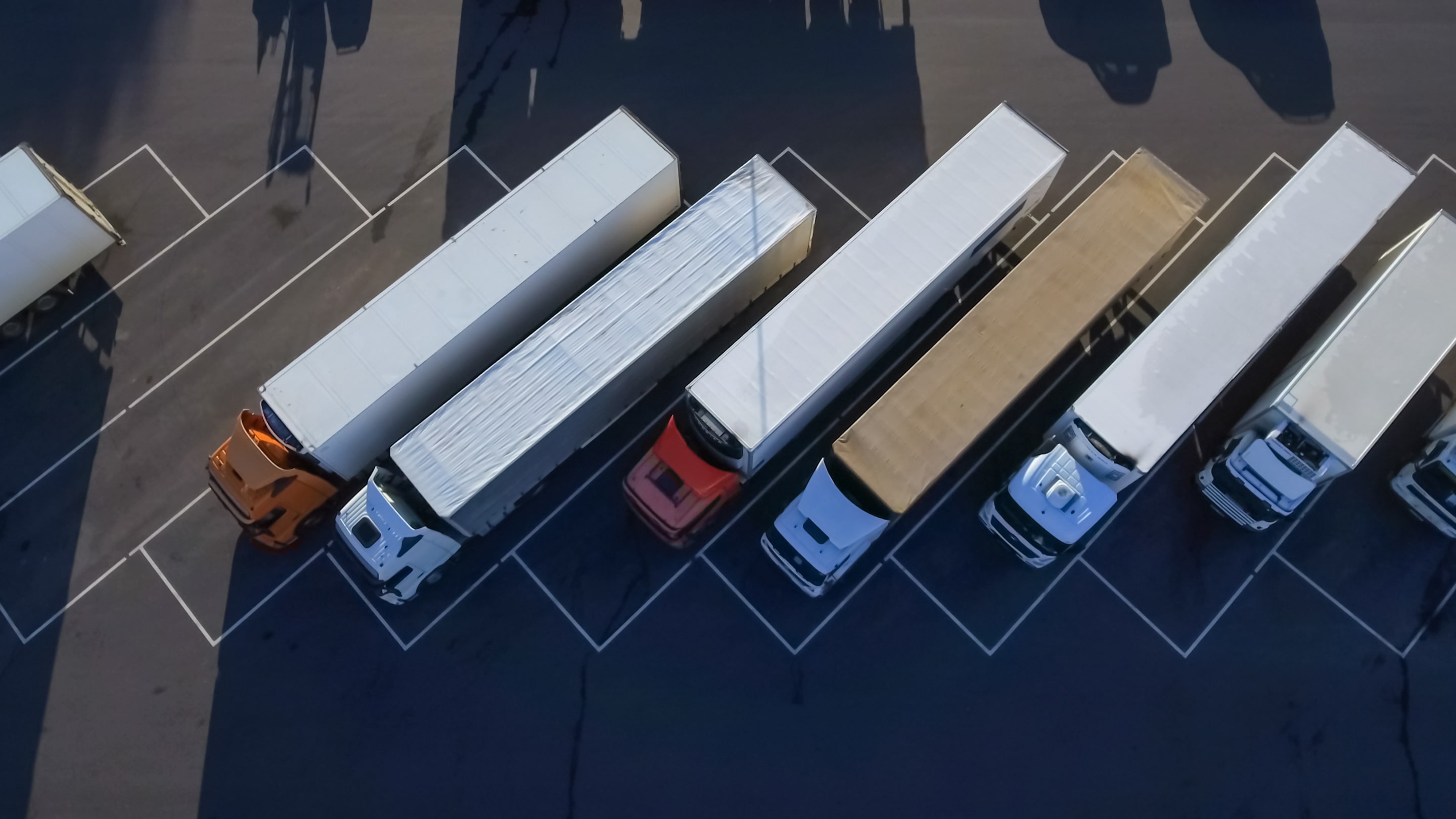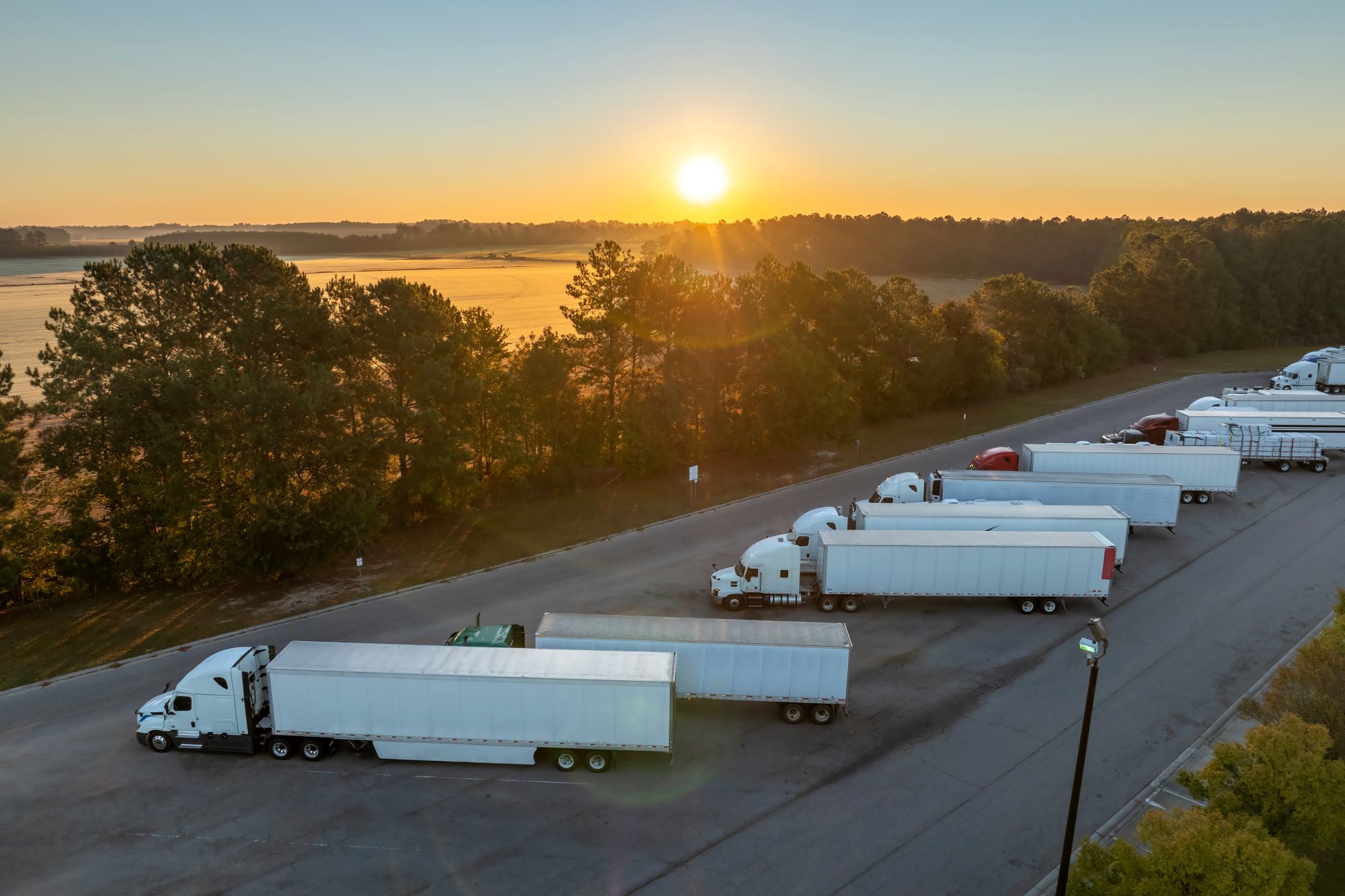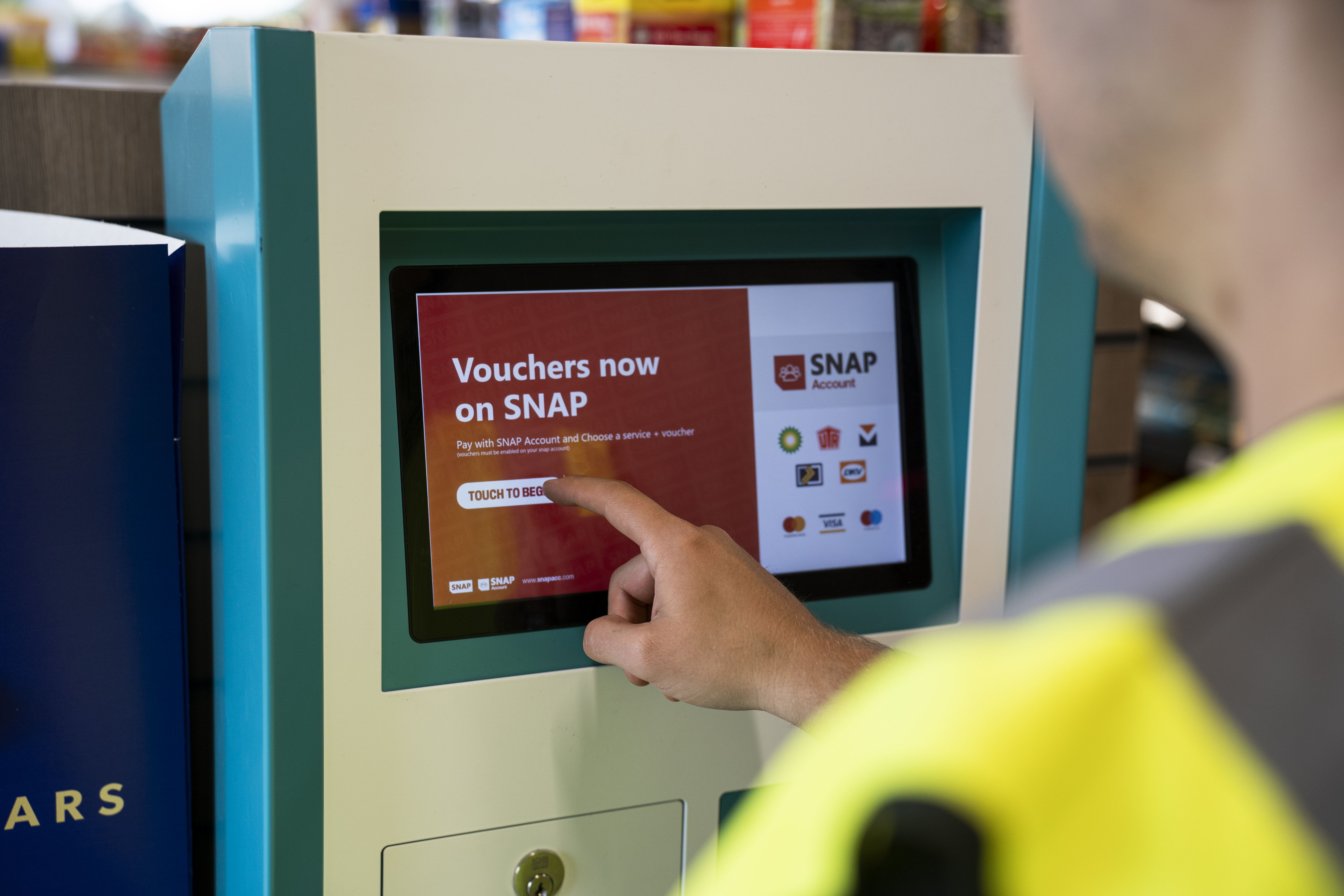
Guest
Addressing the HGV driver shortage in the UK in 2024/2025
Creat: 16.08.2024
•
Actualizat: 10.10.2024
The HGV driver shortage in the UK has been a complex and multifaceted challenge, with far-reaching implications for the nation's economy and supply chains. However, the concerted efforts of the government, industry, and stakeholders have begun to yield positive results, suggesting that the tide may be turning.
As the UK looks towards 2024 and 2025, the continued commitment to addressing the driver shortage, coupled with a focus on attracting and retaining talented individuals, will be crucial in ensuring the long-term resilience and prosperity of the transportation sector.
The depth of the crisis
The HGV driver shortage in the UK has been a growing concern, with the situation reaching a critical point in 2021. According to industry reports, the country faced a shortage of around 100,000 HGV drivers at the height of the crisis. This figure represented a significant increase from the 59,000 driver shortage reported in 2019, underscoring the rapid deterioration of the situation.
The factors contributing to this shortage were multifaceted, including the impact of the COVID-19 pandemic, the aftermath of Brexit, and changes to the IR35 tax rules that affected HGV drivers employed by agencies on a contractor basis. These disruptions led to many experienced drivers leaving the industry, while not enough new talent was entering the market to fill the void.

Government intervention and industry efforts
Recognising the gravity of the situation, the UK government and industry stakeholders have taken decisive steps to address the HGV driver shortage. The Department for Transport reported a notable improvement, with the percentage of HGV driver vacancies reported by haulage businesses declining from 43% in Q4 2021 to 23% in Q3 2023.
One of the key measures implemented was increased funding to attract and train new HGV drivers. The government also expedited the process of obtaining HGV driver licenses and invested £8 million to improve the quality of HGV rest areas, addressing the long-standing issue of poor working conditions for drivers.
SNAP helped multiple UK truck parks create applications for government funding to enhance their facilities. Find out more about the truck parks included in the SNAP network.
Addressing the ageing workforce and attracting younger talent
One of the persistent challenges in the HGV driver industry is the ageing workforce, with the average age of drivers being 48 years old. The industry has struggled to attract younger talent, as the perception of poor working conditions, average wages, and an uninspiring career path has deterred many from considering a career in truck driving.
To address this, the government has recently launched a consultation to lower the minimum age requirement for bus and coach drivers, potentially opening up more opportunities for younger individuals to enter the transportation sector. This move, combined with efforts to improve driver facilities and working conditions, could help make the industry more appealing to the next generation of workers.
See the map of truck parks, lorry washing stations and accommodations in various regions covered on the SNAP network.

Overcoming regulatory hurdles and embracing flexibility
Another factor contributing to the HGV driver shortage has been the regulatory hurdles and red tape that new drivers face when entering the industry. The process of obtaining the necessary licenses and certifications can be time-consuming and costly, deterring potential candidates.
To address this, industry stakeholders have advocated for more flexible training and testing procedures, similar to the approach adopted by bus companies. By streamlining the process and making it more accessible, the hope is to increase the number of qualified drivers entering the market.
The impact of Brexit and COVID-19
The HGV driver shortage in the UK has been further complicated by the aftermath of Brexit and the disruptions caused by the COVID-19 pandemic. The loss of EU drivers, who previously made up a significant portion of the UK's truck driving workforce, has been a significant blow.
Additionally, the pandemic's impact on training and testing has resulted in a backlog of new drivers entering the market. As the economy has recovered, the increased demand for goods and services has placed even greater strain on the already stretched transportation sector.

Collaboration and innovation
Addressing the HGV driver shortage will require a collaborative effort between the government, industry stakeholders, and educational institutions. By working together, they can develop comprehensive solutions that address the root causes of the problem and create a more sustainable and resilient transportation system.
Embracing innovative approaches, such as the use of technology to optimise logistics and improve driver efficiency, can also play a crucial role in mitigating the impact of the driver shortage. Investment in infrastructure, training programs, and driver-focused initiatives can help build a stronger, more diverse, and more resilient workforce.
The road ahead
As the UK navigates the evolving landscape of the HGV driver shortage, it is clear that the solution will require a multi-faceted approach. Continued government support, industry collaboration, and a commitment to attracting and retaining talented drivers will be essential in ensuring the resilience of the nation's transportation network.
While the crisis may not be fully resolved in the immediate future, the steps taken so far provide a glimmer of hope. By maintaining a focus on innovation, flexibility, and inclusivity, the UK can work towards a future where the transportation sector is equipped to meet the growing demands of the economy and the needs of its citizens.



